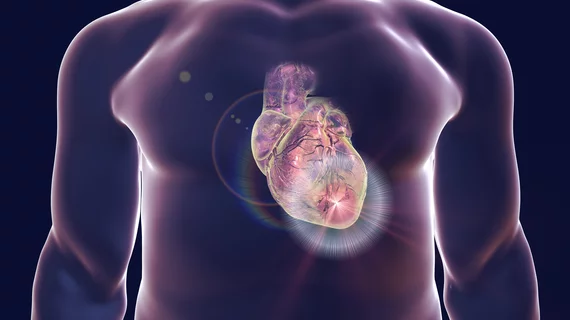Experts see big potential for deep learning in cardiac MRI
Radiologists from the Netherlands believe deep learning can significantly impact cardiac MRI analysis in the not so distant future, sharing their thoughts in a piece published in the American Journal of Roentgenology.
The modality does many things: It evaluates cardiac structure and function, and assesses myocardial scarring—a “rich spectrum of information,” Qian Tao, Leiden University Medical Center in the Netherlands, and colleagues wrote. Deep learning can assist with all of these tasks, potentially slashing the 15-minute interpretation times required by experienced radiologists.
“By automating cardiac MRI reading, deep learning can also allow cardiac MRI to be offered at more centers with radiologists with less experience or centers with a high volume of patients and not enough radiologists,” the researchers wrote.
Like all AI-related technology, deep learning must be properly tested. Currently there are few datasets focused on cardiac MRI, and a bad algorithm has no chance of enacting any meaningful change.
Read the entire story in AI in Healthcare below.

